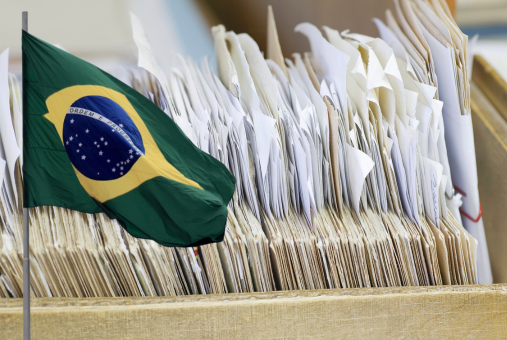
At a time when data journalism was in its infancy in Brazil and access to public information was limited, the award-winning series of reports “Os Homem de Bens da Alerj” (The Good Men of Alerj) stood out for revealing the enrichment of politicians elected to the Legislative Assembly of Rio de Janeiro. Twenty years later, the impact of that pioneering investigation still resonates in Brazilian journalism, whether through the use of advanced data analysis tools or the application of the Access to Information Law.

Driven by a news vacuum in the Argentine provinces, Ruido was born three years ago. It’s a collaborative media outlet made up of journalists throughout the country that investigates corruption via requests for access to public data. Despite limited local transparency, its network of collaborators has managed to create stories with national impact on issues of public interest.

In contrast to the bureaucratic difficulties of accessing information in Mexico, the U.S. judicial system offers rich sources of information for investigating cases of Mexican criminals tried in that country, said journalist Juan Alberto Vázquez. His book "Los Padrotes de Tlaxcala" reveals shocking details about how Mexican trafficking networks operate in New York.
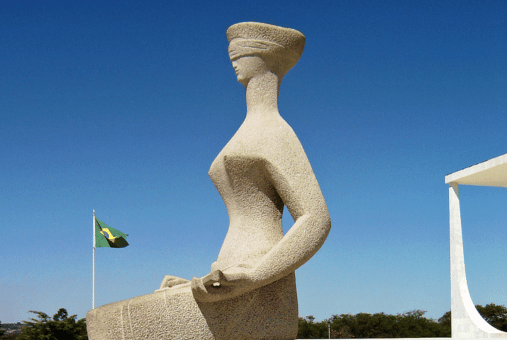
In recent months, press freedom has faced a wave of judicial censorship in Brazil, with stories taken down, magazines recalled from newsstands and a documentary banned. These court rulings are in conflict with the Constitution, which experts say favors freedom of information, and prompt discussions about the need for new laws to protect journalists.

Venezuelan journalists in Ecuador, Peru and the United States talked to LatAm Journalism Review (LJR) about their experience as journalists specializing in migration. They give advice on how to avoid stigmatization of migrants in the media. They also explain the advantages, disadvantages and emotional costs of telling stories that intersect through their own lives.
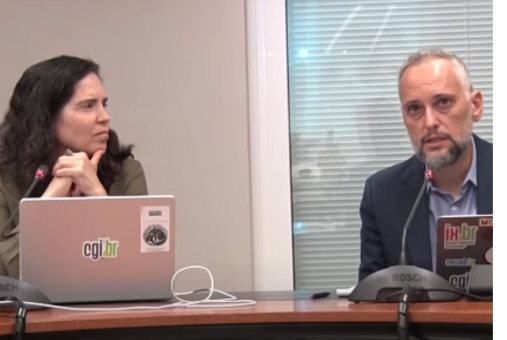
The Brazilian Internet Steering Committee published a report on the payment for journalistic content by digital platforms. The study traces an overview of the Brazilian debate and identifies the positions of the actors involved, as well as discusses regulatory frameworks in other countries.
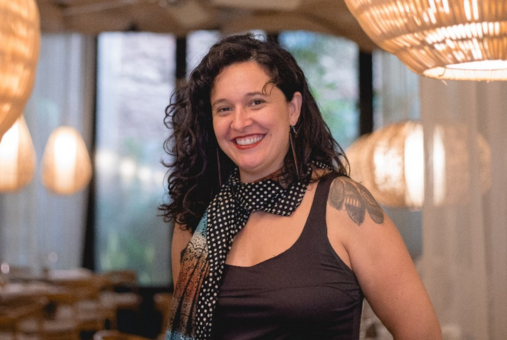
In an interview with LJR, AJOR’s president, Natalia Viana, explains a new proposal to promote journalism sustainability. The proposal would change the Fake News Bill, which is currently being discussed in Brazil's Congress. The association's stance on the proposal differs from that of large media groups in the country.

The media and journalists in Latin America have not missed the opportunity to join the wave of sending newsletters to create community, establish an intimate relationship with readers and make extra money. Newsletters have become the center of the digital strategy of several news outlets in the region.
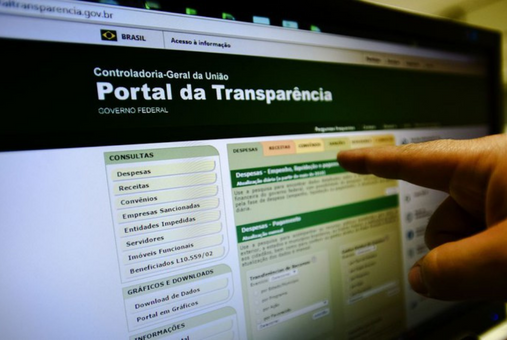
In Brazil, independent media have been working to make public transparency the rule, both in government and in newsrooms. Journalists from Fiquem Sabendo and Agência Pública give tips on how to conduct investigations using the Access to Information Law (LAI).
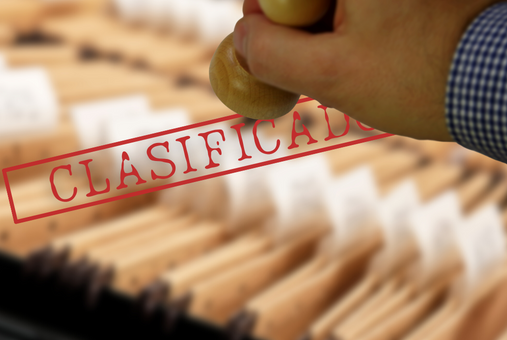
Proyecto Desclasificados, in Argentina, created a public and easily accessible database of declassified U.S. government documents related to Argentina, while Archivero, in Mexico, works against the authorities' refusal to allow access to documents classified as "state secrets" or "national security."